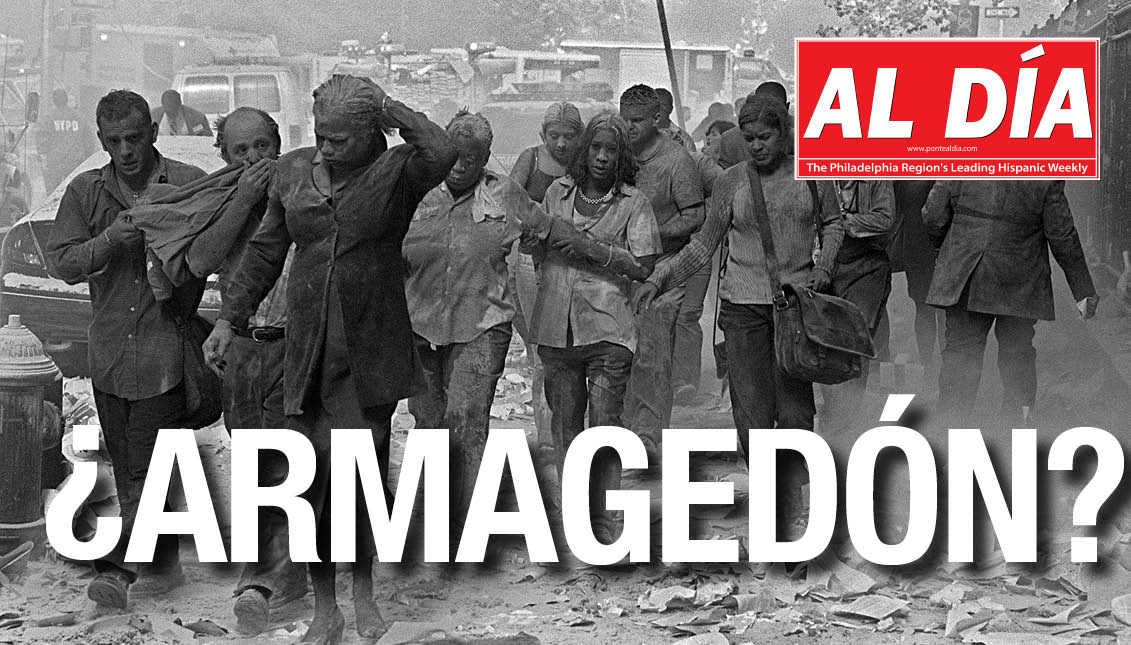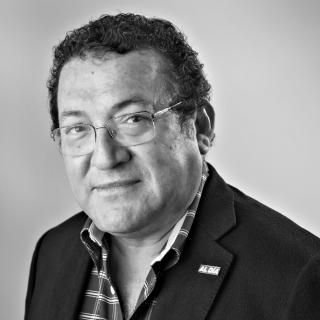
My late 9/11 reflection | OP-ED
MORE IN THIS SECTION
Only 2000 years ago, when we happily coexisted together in Hispania, the farthest province of the Roman Empire, over the Iberian Peninsula, we may find clues to find solutions to our current conflicts on race, religion, political strife and other forms of fear.
Fear of the other, the fear of the next pandemic, the fear of the unknown and of the stranger.
Or the fear of fears: Death.
The Hispanic tradition of the world, no less intolerant than the Anglo-Saxon, has given us however instants of lucidity that may be helpful for us to remember and reflect on today, when we are back quarreling in our public discourse, as our national leaders did again this past weekend in their televised speeches, using vague yet intense words such “extremism”, “terrorism”, and “enmity”, without us knowing who they are talking about.
In the little hill where the Roman City of Toletum was built before the year 59 BC, I was privileged to witness with my family, only a couple of years ago, the ruins of buildings that hinted to me that, despite the differences of religion and race among its diverse residents of those ancient times, our ancestors there found the way to coexist in a tiny town of central Spain, today known as Toledo, “The City of the Three Cultures”, where Muslims, Jews and Christians lived and worked together, prospered and probably blended together.
Jews Sephardies, those who lived for centuries in Spain and Portugal, had the right to practice their faith in their own Synagogue, as much as the representatives of the Muslim colony that occupied Spain for 700 years did in their Mosque.
All while the Christians, who eventually held the political power, acknowledged the right of the other 2 “People of the Book” their right to practice their religion without fear of persecution.
Jews, Muslim and Christians, “The Three Cultures”, were all citizens of the Roman Empire and then of the new nation called Spain— all of them speaking the same lingua franca that from Latin evolved in their local practice to be “Castellano” or “Spanish”.
Jews, Muslim and Christians, “The Three Cultures”, were all citizens of the Roman Empire and then of the new nation called Spain— all of them speaking the same lingua franca that from Latin evolved in their local practice to be “Castellano” or “Spanish”.
The new nation evolved to be the new world empire —after the conquest of America— and exuberant with the newly-found power forced the Jews to convert to Christianism, or else leave the land, and the Muslims to vacate the peninsula once and for all, unless you have already married into a Christian family.
The Peninsula however must have been for centuries an example of exemplary coexistence and sometimes interracial and inter religion mixing.
Both Israelis and Palestinians acknowledged this historic fact in the 20th Century when they repeatedly chose Madrid, the capital of Spain, as the site of their negotiations.
The spirit that originated the Hispanic culture —made up originally of tribes fighting each other from Castilla to Aragon, from Extremadura to Cataluña, not to mention the barbarians and Visigoths hordes invading the peninsula from the North when the Roman Empire fell apart— is an example of cultural, ethnic and linguistic blending, possible economic alliances among enemies and feasible political coexistence among innate rivals.
When the United States of America has been profoundly permeated by the Hispanic experience is for us to think about this tracts of forgotten history and boldly proposed a new line of thinking, particularly when the reasons for our rivalries in our modern world remain pretty much the same as those from 20 centuries ago.
RELATED CONTENT
9/11 can never happen again, we must say with certainty as Americans of Latino descent.
9/11 can never happen again, we must say with certainty as Americans of Latino descent.
We must honor the 3,000 Americans, a good number of Hispanic origin, who perished that day in an act of universal folly.
May their ultimate sacrifice be a permanent reminder that in our Western civilization, like during this instant in Toledo, Spain, we can find ways to avoid hatred based on religion, race and language.
Those differences can be overcome again, as we did in the past, or even more efficiently today when we are inevitably more interconnected via super-fast transportation means or have better knowledge of each other, as the internet allows us to learn fast from each other.
In this world where information about our differences and commonalities is readily available in our fingerprints, we should deliberately make it part of our academic curricula from elementary school to college for our new generations to learn it.
Vulnerable and full of fears as we remain, we have no excuse to continue fueling our political discourse with words such as “extremism” and “terrorism” to instill fear for the other, te one that looks and sounds different from us.
Let’s drop those words and, as the Latino tradition of the world, the most mixed of all, is more inclined to do, seek to meet our adversaries with a new semantics of tolerance, understanding and peace.
It would be our way of fully honoring that Hispanic Heritage of the Americas we are celebrating this month in the United States.







LEAVE A COMMENT:
Join the discussion! Leave a comment.